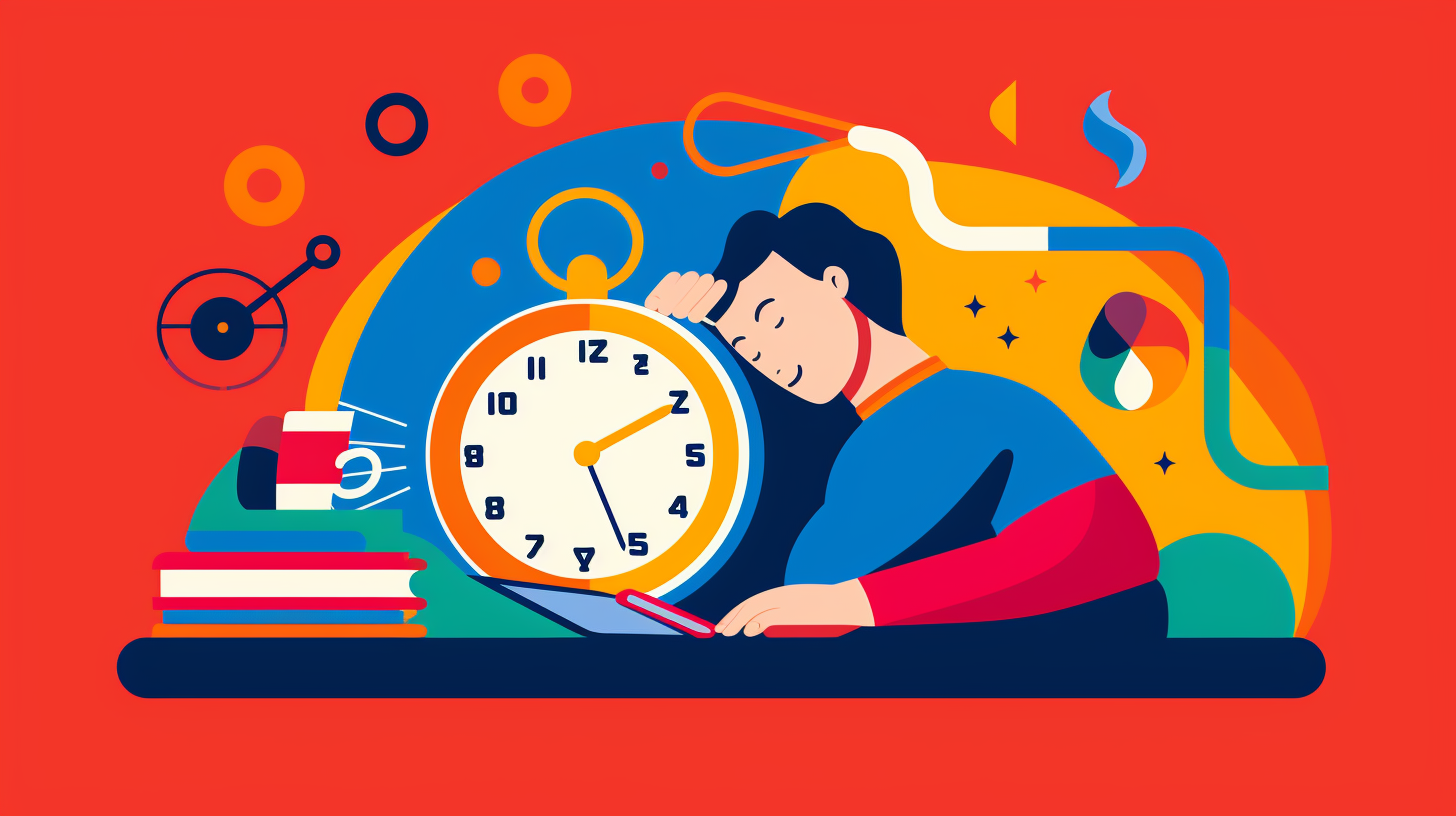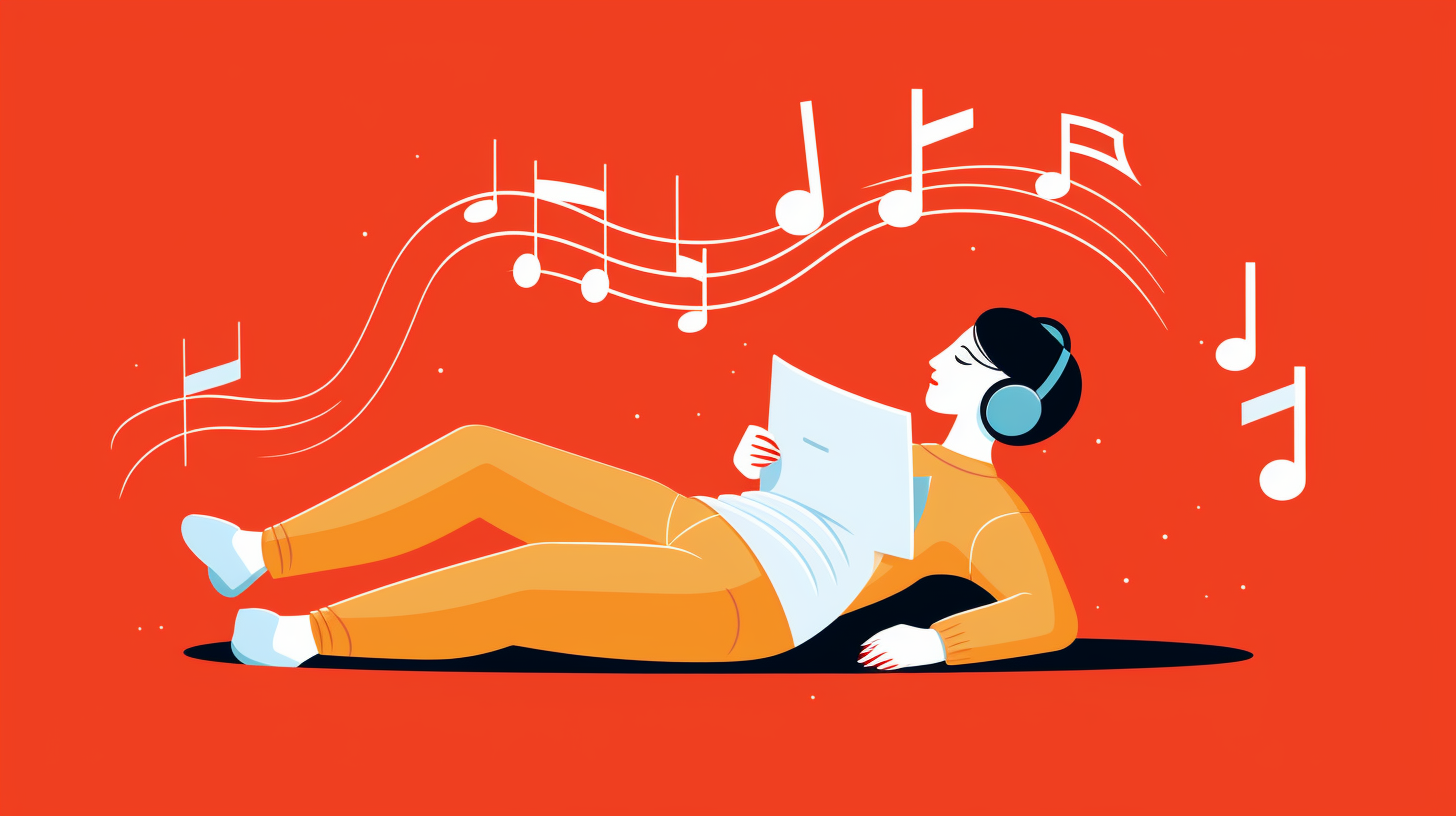Discovering the best time to read can transform your learning and retention abilities. Whether you’re a student aiming for academic excellence or a lifelong learner looking to absorb new knowledge, timing can be everything. This article delves into the benefits of reading and why finding your optimal reading time could be the key to unlocking your full potential.
The Benefits of Reading
Mental Stimulation
Keep your brain active and engaged to prevent cognitive decline. Reading is a workout for your mind, similar to how exercise benefits your body. Engage in reading during your best time to read to maximize mental stimulation.
Improved Focus and Concentration
Hone your attention skills with regular reading sessions. You’ll find your concentration improves, and this extends to other areas of your life. When you figure out the best time of day to read, you can create a routine that further enhances your focus.
Reduced Stress and Relaxation
Escape into a book to lower your stress levels. Remarkably, audiobooks allow for relaxation without the strain of reading text, and you can listen during moments that would otherwise be stressful, making them the best time to read books without eye fatigue.
Vocabulary Expansion
Grow your vocabulary effortlessly. Audiobooks expose you to new words in context, enhancing your language acquisition skills. Choose the best times to read or listen to expand your lexicon effortlessly.
Knowledge Acquisition
Soak up knowledge by immersing yourself in books on a plethora of subjects. Whether you’re looking to learn during downtime or actively seeking information, identifying when the best time to read a book is for you can lead to more effective learning.
Factors to Consider for the Best Reading Time
Personal Preference
Your unique tastes play a significant role in determining the best time to read. Some people prefer dawn for its quiet, while others select night for its tranquility. With audiobooks, you’re not limited by light or setting—you can investigate stories anytime, anywhere. Adapt your reading to your preferences; if you find joy in narratives during your commute, that’s your prime time. Tune in to your feelings and select moments that resonate with you for your reading sessions.
Time of Day
Understanding the best time of day to read is crucial. Morning hours might invigorate you with a jolt of intellectual stimulation from an audiobook. But evenings could be your escape, a way to unwind from the day’s stress. Listen to your body’s signals to decide when to read. Audiobooks offer the flexibility to capitalize on any free moment during an afternoon break or a predawn workout.
Daily Schedule
Assessing your daily schedule helps pinpoint gaps perfect for reading. Busy routines require intelligent scheduling. Can you listen while doing routine tasks? Is your lunch hour a feasible reading break? The best time to read books might be when you multitask, so optimize your day. Audiobooks seamlessly fit into your schedule, making any time a potential reading time.
Environment
Your environment significantly influences your reading experience. A noisy backdrop might detract from the pleasure of reading physical books, but this isn’t a hindrance with audiobooks. You can envelop yourself in your story with headphones, regardless of your surroundings. Determine where you feel most comfortable—a bustling coffee shop or your serene living room—and incorporate reading into that space.
Energy Levels
The interplay of your energy levels and your reading habits cannot be overstated. When your energy peaks, jump into thought-provoking material. During lulls, you might prefer light-hearted or calming content. Audiobooks provide the versatility to match your energy, offering narrations that can invigorate or relax you. Pay attention to your natural ebbs and flows to harness the best times to read for a truly enriching experience.
The Best Time to Read in the Morning
Early Morning Benefits
Early mornings offer a unique tranquility optimal for delving into audiobooks. Researchers suggest that early hours between 4 am and 7 am might be the best time to read books due to lower distractions and a fresh mind. In this serene time frame, your brain’s capacity for assimilation peaks, priming you for absorbing complex narratives or informative content. Early morning audiobook sessions can kickstart your day with stress reduction and boost intelligence.
Creating a Morning Reading Routine
Your morning reading ritual can transform into a high point of your day, especially with audiobooks. You don’t have to settle at a desk; grab your headphones. Integrating audiobooks into your routine, whether during your workout or sipping your morning coffee, is seamless. Listen to a thrilling chapter to stimulate your mind or a motivational book to set the tone for the day.
Tips for Productive Morning Reading
To ensure you’re getting the most out of your morning audiobook sessions, consider the following:
- Choose a comfortable and quiet spot where you can listen without interruptions.
- If possible, watch the sunrise; it’s a gentle way to wake up your senses as you listen.
- Opt for dynamic and engaging content to maintain focus during your morning routine.
Remember that audiobooks can make the best times to read more flexible. You aren’t bound to physical books or a specific nook. Explore audiobooks’ mobility and determine the best time to read a book for you, given your unique schedule. Audiobooks transform these moments into productive reading opportunities, even during a busy morning commute or while juggling chores. Consider your rhythm and preferences to maximize the potential of your morning hours for audiobook enjoyment.
The Best Time to Read in the Afternoon
Afternoon Benefits
The afternoon may not be the first period that springs to mind when you think about the best time to read books, but it holds unique advantages for your reading routine. Post-lunch hours often show slowed thyroid activity, resulting in a relaxed state ideal for mental absorption. During these tranquil moments, your brain can engage more profoundly with a narrative, making it a prime time for immersive audiobook experiences. With natural light at its most benevolent in the afternoon, your ability to focus sharpens, and your retention of new information improves. Embracing audiobook listening during these hours can transform a routine afternoon into a haven for personal enrichment.
Overcoming Afternoon Slump
You’ve likely experienced the post-lunch slump, that urge to nap as energy levels dip around 2 pm. But this is precisely why losing yourself in an audiobook is an opportune moment. As your body relaxes, your mind remains receptive, making it the best time of day to read—or listen—your way through compelling content that requires imagination and thought.
Audiobooks offer the perfect antidote to afternoon lethargy, providing a stimulating way to remain productive while recharging mentally. You’ll find that absorbing storytelling and insightful knowledge through audio doesn’t just ward off sleepiness but also enlivens your afternoon with purpose and pleasure.
Setting Up an Afternoon Reading Schedule
If you aim to pinpoint the best time to read or listen to a book, consider building a structured reading schedule focusing on the afternoons. Setting aside a specific time, from 1 pm to 3 pm, cements a daily habit that can lead to significant long-term benefits. The best times to read can be tailor-made for individual lifestyles, but the flexibility of audiobooks means you can effortlessly integrate them into your schedule, no matter how packed.
Equip yourself with portable devices or smart speakers to allow seamless listening as you potter in the garden, cook a meal, or relax on the balcony. Your afternoons can serve as a bridge between work phases and a treasured window for literary exploration and growth.
The Best Time to Read in the Evening
Evening Benefits
Reading in the evening has unique advantages that cater to your mind and body’s natural rhythms. After a long day, you often search for ways to unwind, and reading provides the perfect escape. Post 10 pm, as your body prepares for rest, picking up a book—or, more fittingly, tuning in to an audiobook—can be tremendously beneficial. Reading during this time helps improve information retention and eases you into a restful state. When you read before sleep, your mind engages in memory consolidation, profoundly embedding the narratives or facts you’ve absorbed from your book into your long-term memory.
Making Reading a Part of Evening Rituals
Incorporating reading into your nightly routine can become a ritual that signals to your body that it’s time to wind down. Choosing audiobooks as part of this ritual adds a layer of convenience; it allows you to close your eyes and listen rather than keep them open to read text. Also, listening doesn’t strain your eyes, making it the perfect activity pre-sleep. Consider setting aside specific times for auditory literature as part of your evening ritual. You might find that the best time to read is not an exact hour but a moment of calm in the evening when you feel most at peace.
Creating a Relaxing Reading Environment
The ambiance of your surroundings can significantly enhance your evening reading experience. Opt for a space that calms your senses, perhaps with soft lighting or a comfortable chair. The flexibility of audiobooks is even more significant — you can listen in any environment that suits you. You might play your audiobook through speakers softly as you prepare for bed or through headphones if you share your space with others. Remember, the best time of day to read doesn’t require a physical book; it can be whenever you decide to immerse yourself in an audiobook, embracing literary worlds in the most relaxed state possible.
Conclusion
Embracing the tranquility of the evening to investigate books can transform your nightly routine into a sanctuary of learning and relaxation. It’s not just about the stories you’ll discover but also the peace you’ll invite into your life right before sleep. You’ve got the tips and the benefits; now it’s up to you to make reading a cherished part of your evening. Whether through the pages of a novel or the convenience of an audiobook, let literature be the bridge to a more restful night. Remember, it’s in the quiet moments before bed that reading can truly become a magical experience.
Frequently Asked Questions
Should you read in the morning or evening?
Reading can be beneficial at any time of the day, including the evening. While mornings offer a fresh start, reading in the evening can have its benefits, such as improved information retention and promoting a restful state before sleep. It’s about personal preference and finding a time that suits your schedule and energy levels.
Why is it better to read in the morning?
Reading in the morning isn’t necessarily better, but it can benefit some people. The fresh mind may be more receptive to new information, offering a positive start to the day. However, the benefits of reading apply no matter the time, as long as it fits into your daily routine.
Is reading 50 pages a day good?
Reading 50 pages daily can be an excellent way to establish a daily habit and continuously engage with new ideas. This practice can deepen comprehension and foster a love for reading, regardless of whether it’s for pleasure or self-improvement.
What is the best time and place to read?
The best time to read is when you feel most comfortable and focused, though many prefer reading in the morning or before bed. The best place to read is anywhere you can be undisturbed, such as a cozy home corner, a park, or a quiet café.
What happens if you read 2 hours a day?
Reading for 2 hours a day can significantly benefit cognitive functions, such as improved memory and concentration. It can also reduce stress, enhance empathy, increase knowledge, and potentially lower the risk of neurodegenerative diseases like Alzheimer’s.




